How the war in Ukraine fuels underfunding for other crises
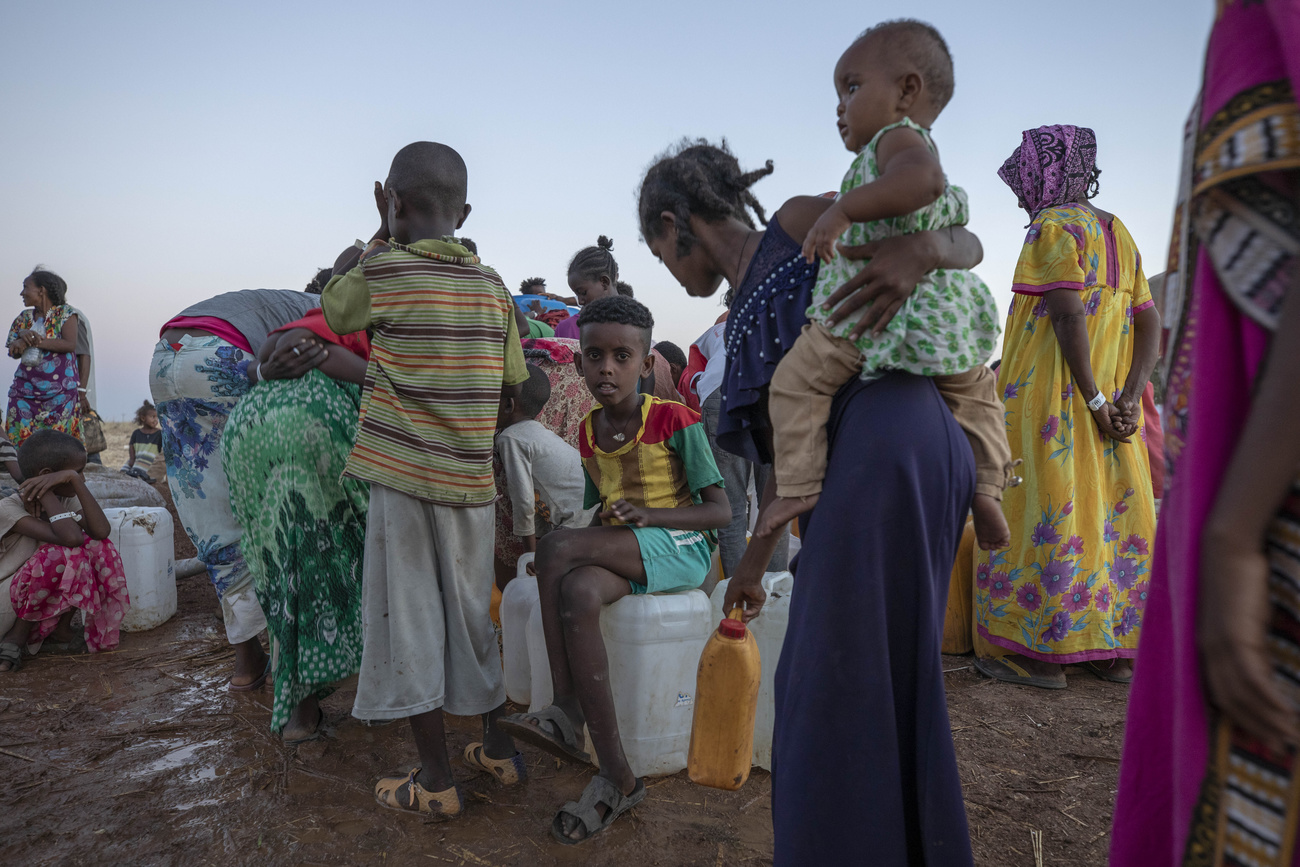
On Thursday the UN is due to launch its Humanitarian Appeal for 2023, expected to be a record call for aid from donors. This year, the gap between needs and funds received grew for most UN agencies. The war in Ukraine is one of the factors fueling underfunding, but not the only one.
UN refugee agency UNHCR says it is facing an unprecedented funding gap this year, particularly for protracted crisis situations – those that affect a significant portion of the refugee population – and has already had to cut services to refugees and internally displaced people (IDPs). In its “Underfunded ReportExternal link” published in September, it highlighted 12 countries where its operations are not even 50% funded. In late October, it issued another appeal to donors, saying it needed at least $700 million (CHF693 million) by the end of the year or it fears “the next round of cuts will be catastrophic for people in need”.
Underfunding is also an issue for other UN aid agencies. A spokesperson for the UN’s Office for the Coordination of Humanitarian Affairs (OCHA) says that as we near year-end, UN-coordinated aid appeals have received only 46.7% of their full-year funding needs as of November 22, compared with an average of 55% for the previous three years.

More
‘You can’t cover a war from afar,’ says Swiss reporter in Ukraine
“This of course raises alarm bells because it looks like we are heading for a record underfunding of the global amount that we need,” OCHA’s spokesperson Jens Laerke told SWI swissinfo.ch. The catch is, he continues, that while the gap between needs and funds received is growing, the amount of funds received in actual dollars is going up. “The problem is that the appeals keep getting larger and funding is also increasing, but not at the same speed. So the gap is growing.”
OCHA appeals funded by less than 50% on November 4 included, for example, humanitarian appeals for Syria, Yemen, Somalia, Chad, the Democratic Republic of Congo (DRC) and Sudan, as well as refugee response plans for Syria, Venezuela and Rohingya refugees from Myanmar in Bangladesh. Urgent appeals are issued several times a year, according to needs. OCHA coordinates appeals for UN and other aid agencies, although notably not the International Committee of the Red Cross. Donors are mostly Western governments but increasingly also private donors.
Cuts affecting refugees
In face of the funding gap, UNHCR has already had to make budgetary cuts. Uganda, for example, is one of the most generous African refugee hosts, sheltering people particularly from the DRC and South Sudan. It is currently facing an outbreak of the deadly Ebola disease, but UNHCR says it does not have enough money for soap and hygiene kits to help protect refugees against the virus.
In Chad, which has refugees from Sudan and the Central African Republic as well as its own internally displaced because of conflicts and climate change, UNHCR says it has had to cut off water supplies to camps for internally displaced people because of fuel shortages. In Lebanon, host to refugees notably from Syria, the UN agency says that “70,000 vulnerable refugee families no longer receive their safety net help from UNHCR”. It fears that if cash assistance to refugees in the Middle East is cut off this winter, vulnerable families could freeze or even be evicted from their housing for inability to pay rent.
“We know that we don’t usually get the whole budget, it’s never fully funded,” says Olga Sarrado, a spokesperson for the UNHCR in Geneva. “The issue this year is that the $700 million [needed before the end of the year] is really the bare minimum needed to cover basic needs.”
The Ukraine factor
There are various causes behind the aid underfunding crisis, including the effects of Covid-19 and climate change, and the current economic problems of some Western countries. But the Ukraine war is also a big factor, say UN experts.
Russia’s war in Ukraine has driven up the number of forcibly displaced people worldwide, with millions of Ukrainian refugees in other countries and millions more displaced internally. In October, the UN listed 7.6 million Ukrainian refugees across Europe, with Poland hosting 1.5 million. But needs have also increased elsewhere, says Sarrado of the UNHCR, while delivering aid has become more expensive owing to the “knock-on effects” of the Ukraine war that have pushed food and fuel prices up. The IMF expects global inflation to rise by 6.6% in advanced economies in 2023 and by 9.5% in developing countries.
The UNHCR estimates the number of forcibly displaced people worldwide at 103 million by mid-yearExternal link; this includes refugees, asylum-seekers, and internally displaced people. This is an increase of 13.6 million (15%) compared with the end of 2021 and is the largest ever increase between years, according to UNHCR’s statistics on forced displacement.
While Ukraine was the biggest source of forced displacement in the first six months of 2022, there was also a 21% rise in the number of refugees from Venezuela, mostly fleeing to Colombia and other Latin American countries. Forced displacement rose in other parts of the world, notably in parts of Africa and Asia.
Given the rising needs, UNHCR has made various appeals. “We’ve received more than ever before, but it’s just not meeting the needs of the moment,” Sarrado tells SWI.
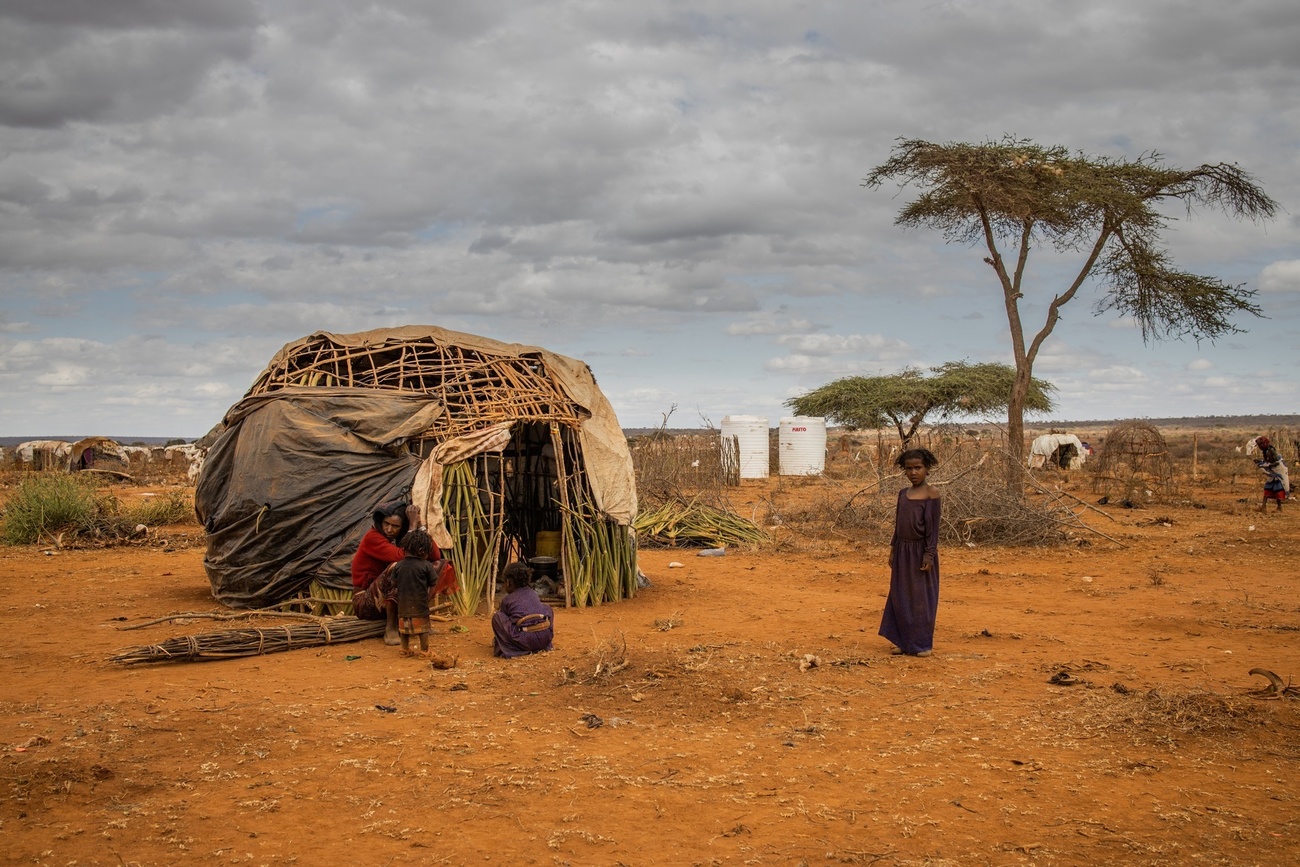
More
Switzerland urged not to forget the food crisis in East Africa
Protracted crises
The UNHCR “Underfunded Report” focuses on 12 countries that are “chronically underfunded”: Bangladesh, Chad, Colombia, the Democratic Republic of Congo, Ethiopia, Iraq, Jordan, Lebanon, South Sudan, Sudan, Uganda and Yemen.
Sarrado recognises that there is often donor fatigue in protracted refugee and IDP crises. But she says that in these 12 countries some 40 million people are in need of support just like people from Ukraine. “They need support and also the communities of the countries that are hosting them,” she tells SWI. “So it’s important that the same commitment, compassion and empathy that the world has shown towards Ukrainians is extended to all those refugees and other people forced to flee around the world to escape conflict and insecurity.”
She also points out that the largest number of refugees worldwide in need of international protection are Syrians, followed by Venezuelans and Ukrainians, then people from Afghanistan, South Sudan and Myanmar. “So, yes, the numbers are very big for Ukraine, but there are other nationalities as well that are bigger,” she says.
Only some smaller donors have linked their funding specifically to Ukraine, says Sarrado. She says most country donors “understand the importance of flexible funding”, meaning that the UNHCR can use about 40% of its funding for whatever it deems priority needs.
The Ukraine refugee crisis has brought the UNHCR some new donors, particularly private individuals, companies and foundations. “They decided to support refugees because they saw what was happening in Ukraine,” Sarrado says. She hopes that this support will continue beyond this year and will be extended to other nationalities or situations, not just Ukraine.
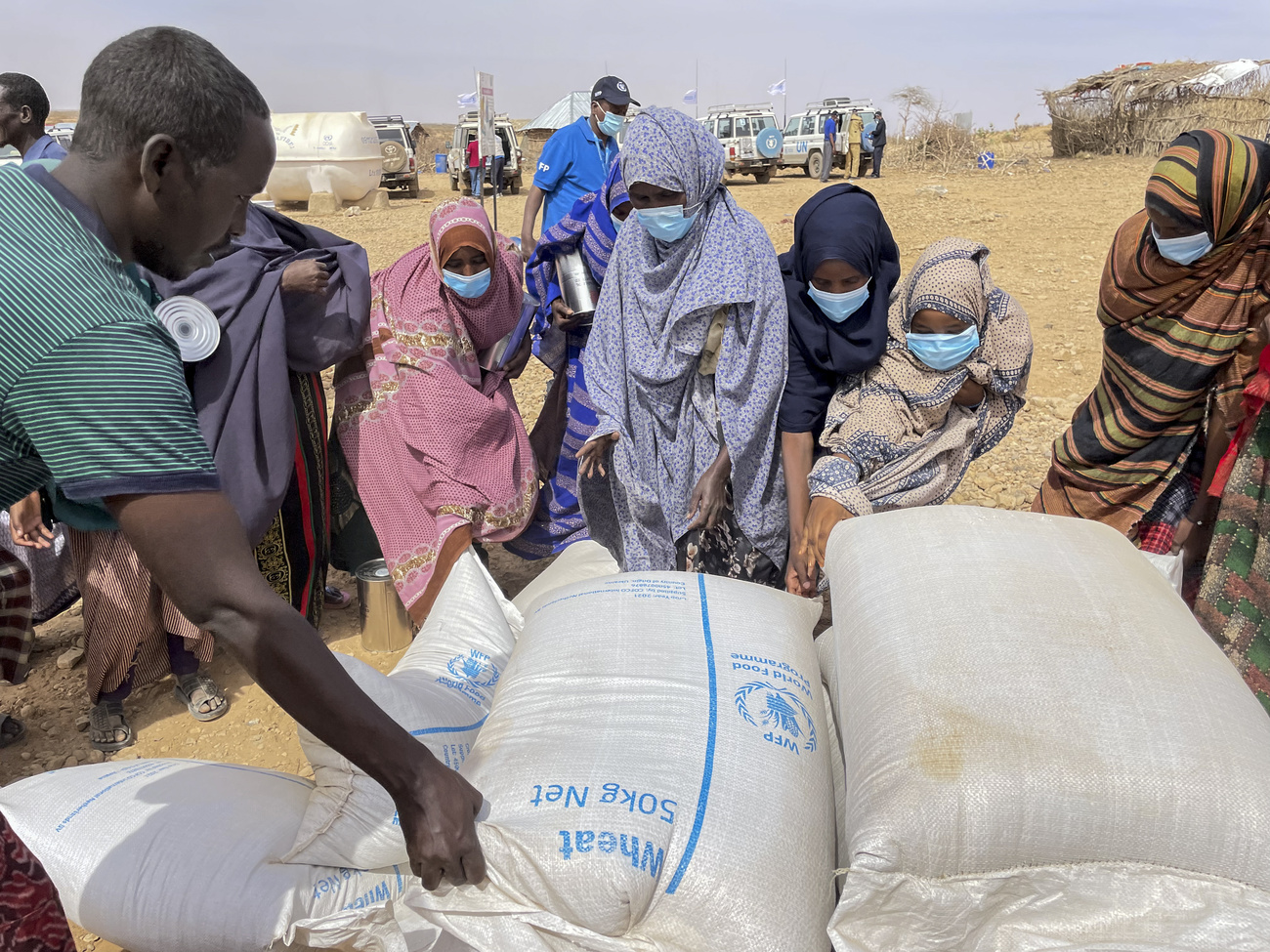
More
How the war in Ukraine is fuelling the next global food crisis
Creative accounting
Another factor affecting donations is that some countries are diverting part of their Official Development Assistance (ODA) – government aid meant to promote the economic development and welfare of developing countries – to cover the costs of hosting internal refugees, notably from Ukraine in 2022. While countries are allowed to do this under internationally agreed rules, it seems some countries might be stretching the rules to the maximum.
Laerke says this practice is hard to track, but OCHA is aware that some countries, including in Scandinavia, use part of ODA for internal refugees. “They’re labelling it as humanitarian aid, and they’re basically giving it to themselves to respond to the refugees that are coming in. We do not agree with that designation of humanitarian aid, but that is just an opinion that we have.”
Development experts say the United Kingdom, for example, is now spending more of its international development budget at home than in poor developing countries, according to a recent report in The GuardianExternal link. The paper, citing research by the Centre for Global Development, says a large proportion is being spent on housing refugees, mainly from Ukraine, and the UK is “one of only a few countries – and the only one in the G7 – to fund all the costs of Ukrainian refugees from its existing aid budget”.
Switzerland expects the percentage of its ODA budget used internally to rise this year. “In accordance with DAC [OECD Development Assistance Committee] reporting rules, Switzerland also declares as ODA the costs of receiving asylum seekers, temporarily admitted persons and refugees from developing countries during their first 12 months in Switzerland,” according to the Swiss government websiteExternal link. It says these costs amounted to 9% of Swiss ODA in 2021.
Asked if Switzerland had raised its overseas development aid in 2022 in response to appeals for more funding, the foreign ministry replied that data for 2022 was not yet available, “but we expect ODA to rise due to the expected increase in costs of hosting refugees in Switzerland (in-donor refugee costs, which are partly eligible to ODA)”. It added that “the level of ODA without in-donor refugee costs is expected to decrease in 2022, despite the additional financial resources granted to deal with the consequences of the war in Ukraine”.
Edited by Virginie Mangin

In compliance with the JTI standards
More: SWI swissinfo.ch certified by the Journalism Trust Initiative
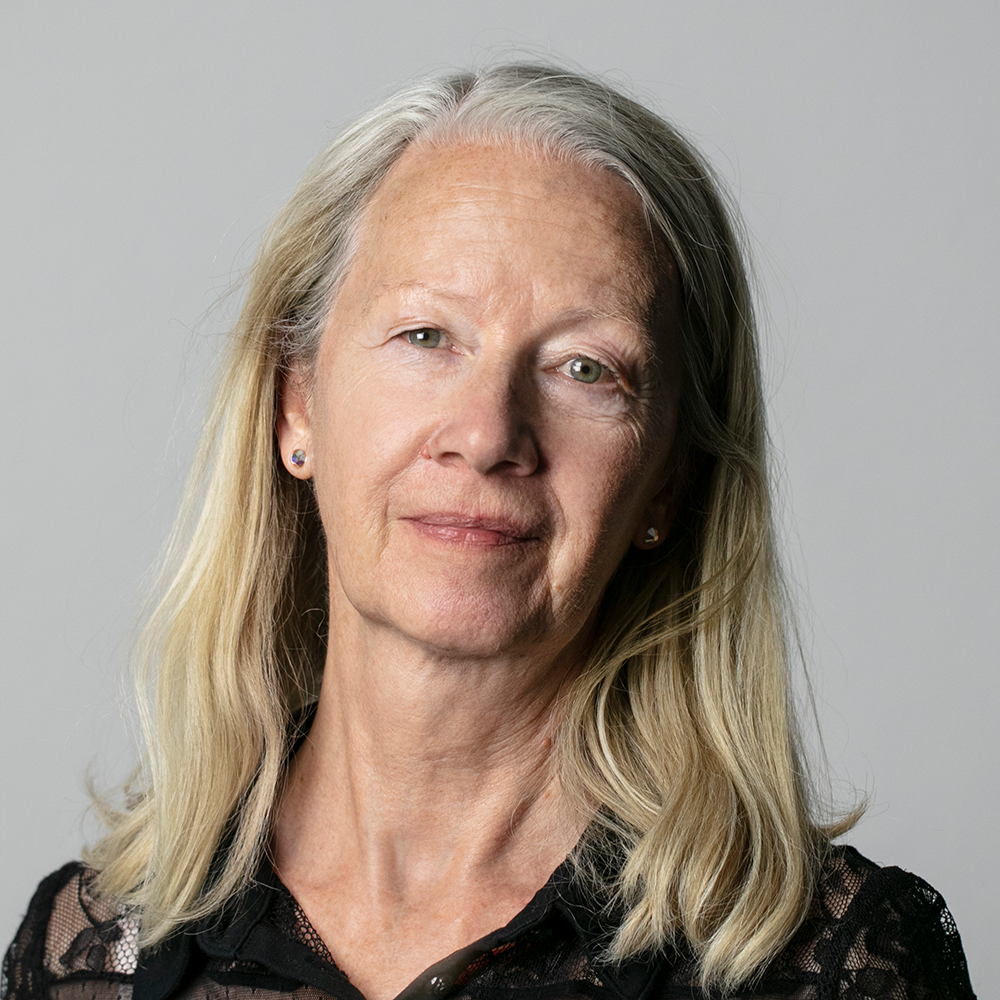

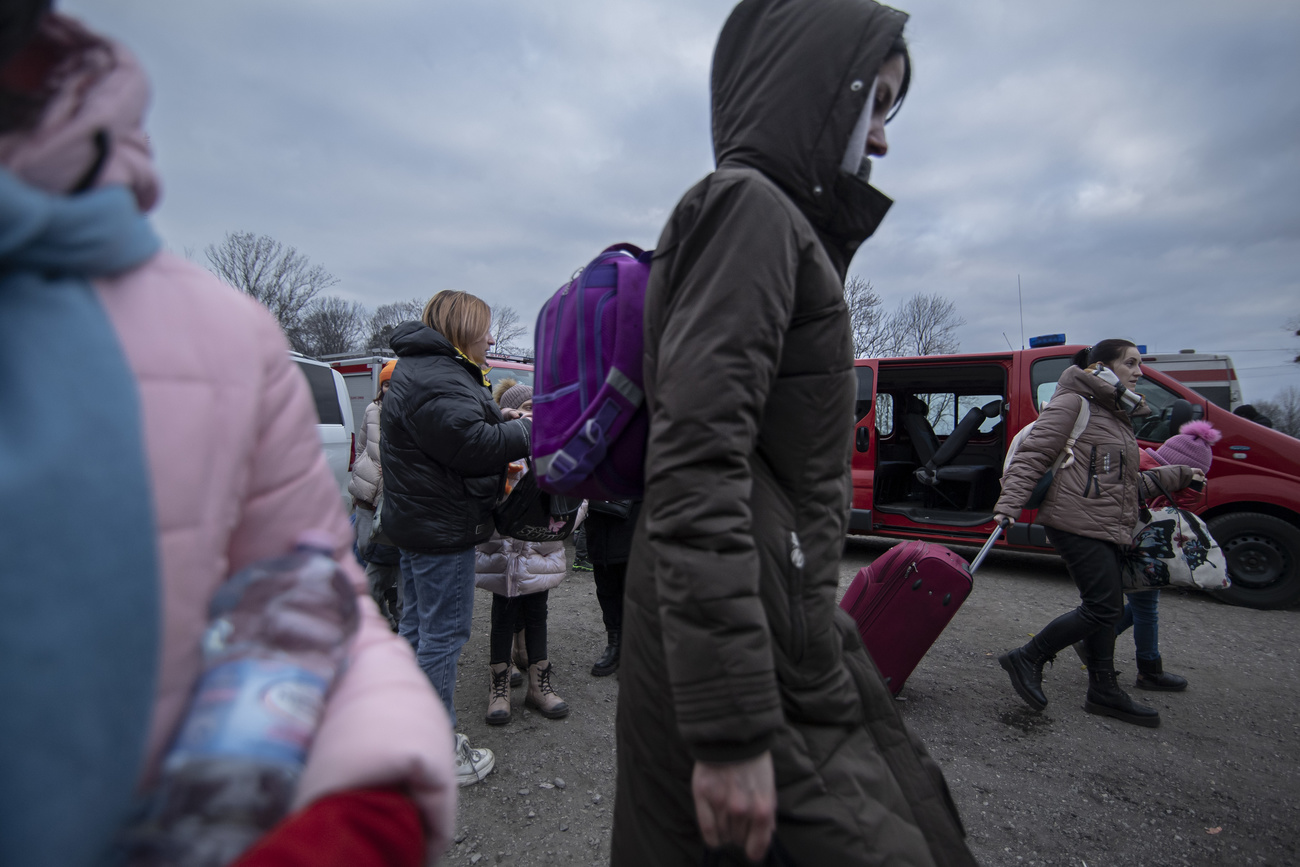
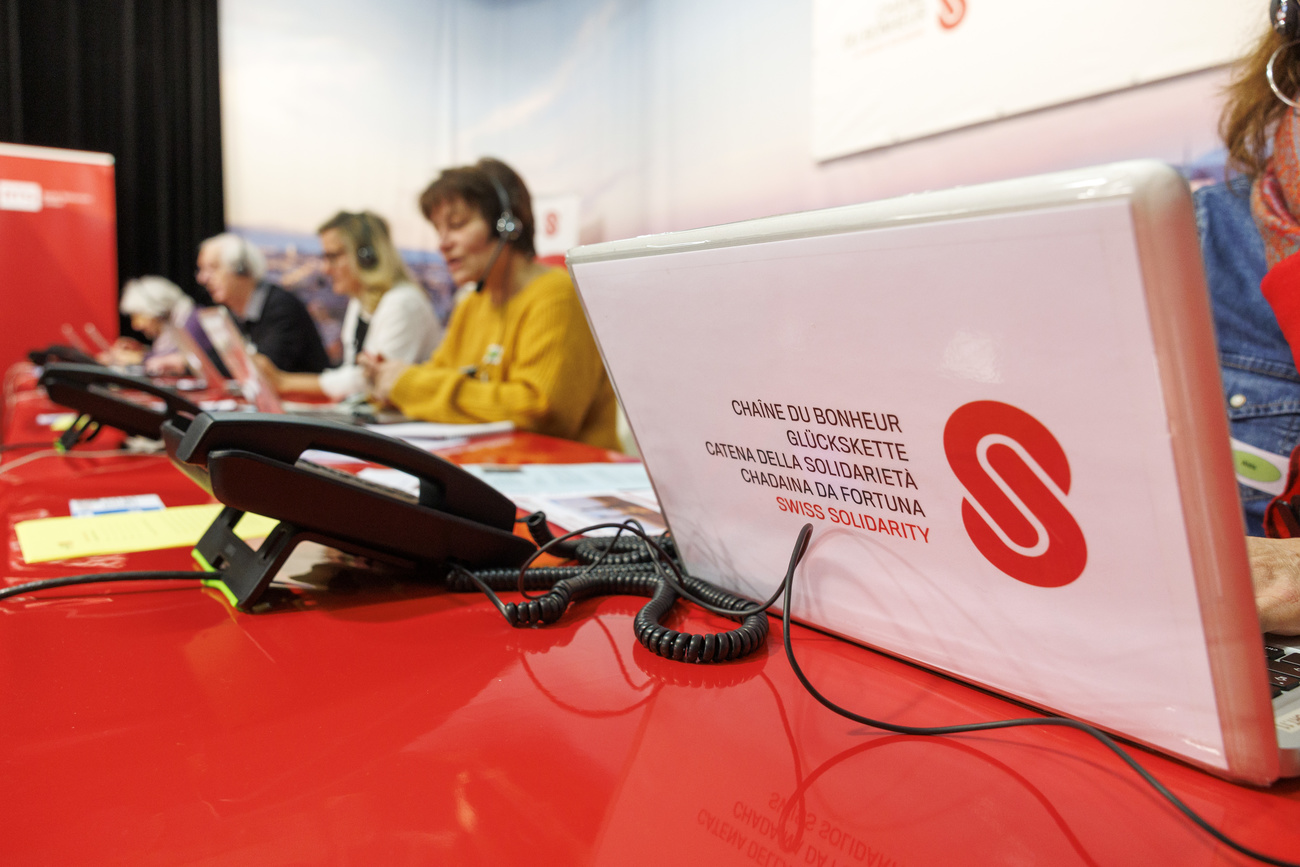
You can find an overview of ongoing debates with our journalists here. Please join us!
If you want to start a conversation about a topic raised in this article or want to report factual errors, email us at english@swissinfo.ch.